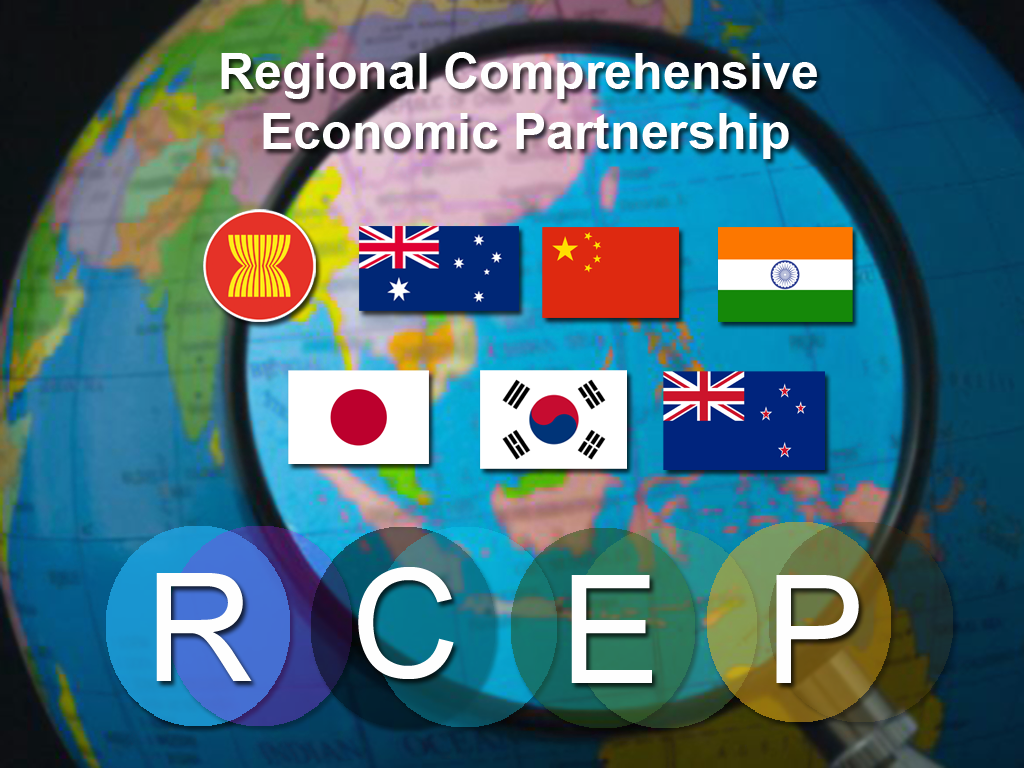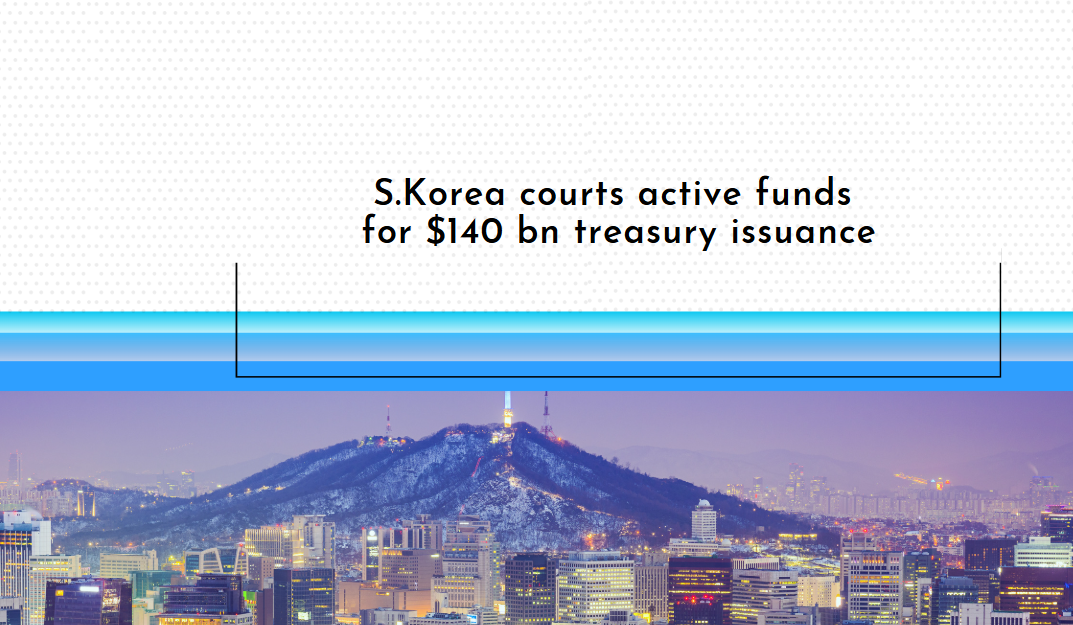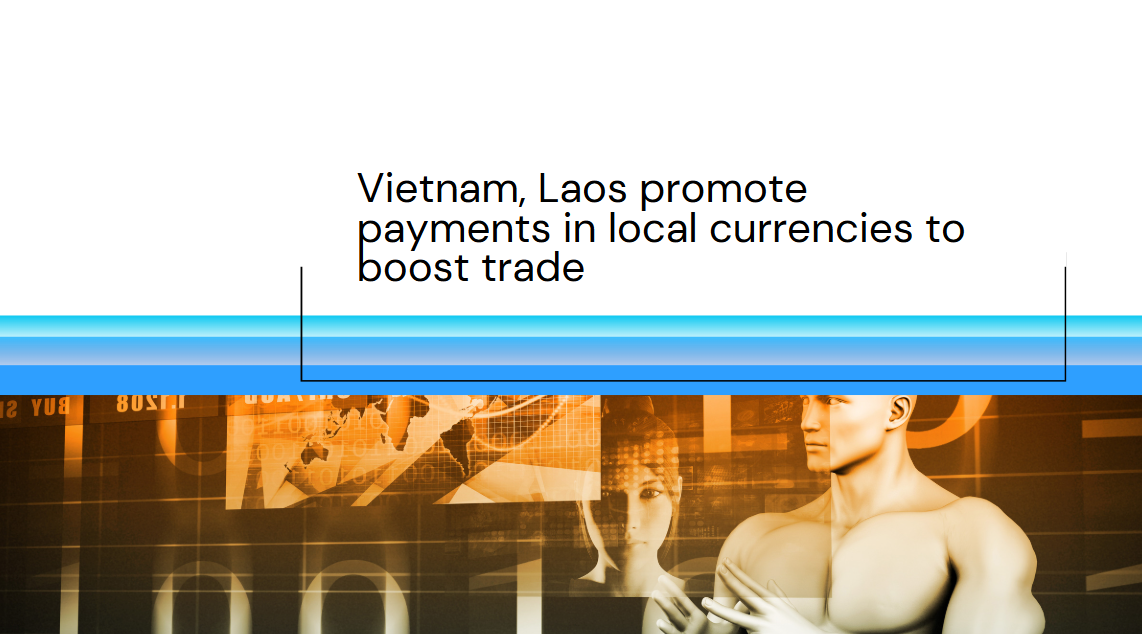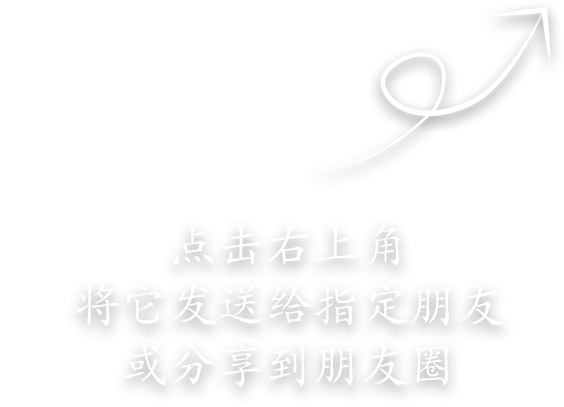Korea targets greater foreign appetite for sovereign bonds
The South Korean government has initiated its first series of online investor relations sessions to attract new foreign investment in its sovereign bonds, while also defending its external credibility amid prevailing uncertainties in domestic and international markets.
Second Vice Finance Minister Kim Yoon-sang presided over the virtual meeting, which was held Tuesday and attended by some 130 representatives from asset management firms, pension funds, insurance companies and investment banks based in major financial hubs — including London, Hong Kong, Singapore and Japan — according to the ministry on Wednesday.
“The economic system is functioning normally, minimizing volatility in the financial and foreign exchange markets, even amid internal and external uncertainties,” Kim said.
During the session, the ministry outlined the investment conditions for government bonds as well as the current status of policies aimed at enhancing the structure of the bond and foreign exchange markets.
Fitch, the global credit rating agency, reaffirmed Korea's long-term sovereign credit rating at "AA-" in February, the company's fourth-highest level. This decision reflects the international community's strong confidence in the Korean economy, according to Kim.
Another factor demonstrating the economy's resilience is Korea's credit default swap spread — a key indicator of perceived default risk — which has narrowed following fluctuations observed in early December when President Yoon Suk Yeol instituted martial law.
Generally, as a country's credit risk increases, the CDS premium rises; conversely, when the risk decreases, the premium falls.
The 5-year CDS spreads exceeded 40 basis points in mid-January when a Seoul court issued an arrest warrant for Yoon over the martial law declaration, but stabilized to an average of 31 basis points last month.
The vice minister also expressed optimism that the inclusion of the country's sovereign bonds in FTSE Russell's benchmark bond index will help strengthen the market.
“With sound fiscal and external soundness, and inclusion in the World Government Bond Index this year, investment attractiveness will further increase,” he said.
The WGBI inclusion, set to take effect in November 2025, is expected to attract additional inflows of up to 80 trillion won ($54.6 billion) in offshore investor funds.
Ahead of this official inclusion, financial authorities emphasized their commitment to addressing investment challenges for investors, including tax exemptions and streamlining investment procedures.
Earlier this month, the government unveiled its plan to simplify the application process for tax exemptions on investments in sovereign bonds by foreign investors. Investors will only need to submit basic information to verify their non-resident status, such as name, address, nationality and identification number, to the international depository or domestic financial institutions, including foreign bank branches.
Last month, foreign investment in domestic bonds recorded a net influx of over 5 trillion won, driven by an increase in short-term arbitrage trading and demand for medium- to long-term bonds.
According to a report released by the Bank of Korea on March 12, the combined net inflow of foreign investment in domestic bonds and stocks in February reached $1.73 billion. Despite a continuous net outflow in stock investments, the substantial inflow of bond funds has marked a shift to a net inflow for the first time in six months.























































First, please LoginComment After ~